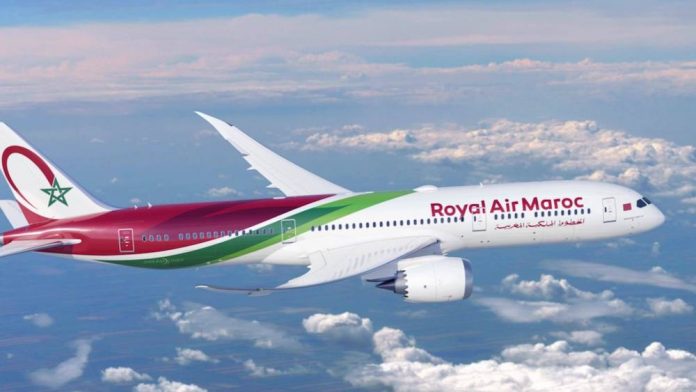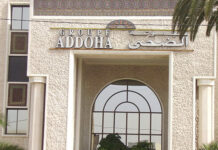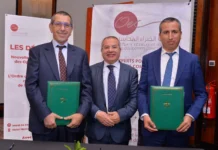
Royal Air Maroc is set to take center stage at the upcoming 36th São Paulo Biennial, scheduled from September 6, 2025, to January 11, 2026. The Moroccan national airline has been named the official partner of this major contemporary art event—the largest of its kind in Latin America.
Eight months after resuming its route to Brazil, the airline is now playing a dual role, both practical and symbolic. It will be responsible for transporting artworks and artists from various continents to São Paulo, a vital task as the event increasingly highlights voices from Africa, Latin America, and Asia—regions traditionally underrepresented in the global art scene.
Through this partnership, Royal Air Maroc positions itself as a crucial bridge between parts of the world that often remain disconnected from one another. Its direct route between Casablanca and São Paulo, coupled with a network spanning over 90 international destinations, gives it a strategic advantage, especially in facilitating travel from West Africa.
This year’s Biennial carries the theme “Not Every Traveler Takes the Road – On Humanity as a Practice,” and it brings together globally recognized artists from regions that have long stood on the fringes of major art platforms. For Royal Air Maroc, the collaboration is more than just logistics—it’s part of a broader mission to foster cultural exchange between Morocco, Brazil, and the wider Global South.
The airline has been actively supporting artistic initiatives for years, backing film festivals, music events, and visual arts exhibitions. Its aim is clear: to promote cultural dialogue and expand Morocco’s international footprint in the creative world.
Othman Baba, Royal Air Maroc’s Regional Director for South America, sees the partnership as a concrete step toward strengthening South-South connections. He emphasizes Morocco’s cultural richness and its deep-rooted ties to Africa—bonds it shares with Brazil. He points out that the presence of artists from countries like Ghana, Senegal, and Côte d’Ivoire at the Biennial is a powerful example of this growing alignment.
Andrea Pinheiro, president of the Biennial Foundation, echoes that sentiment. She believes this kind of partnership plays a key role in building a more balanced global cultural exchange by making it possible for hundreds of artists from across the world to come together and share their work.




